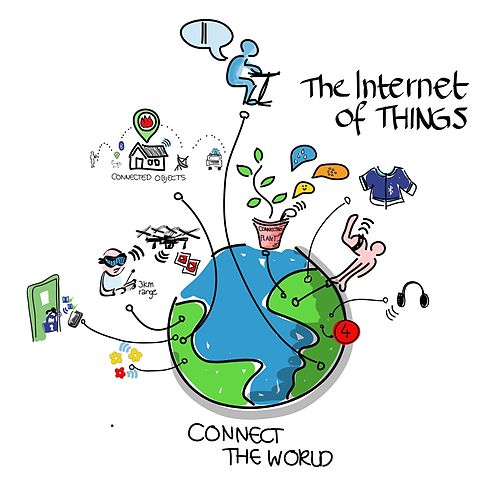Bristol bids to become UK’s IoT capital
As part of a consortium with San Sebastián and Florence, Bristol was recently awarded € 25 million to create integrated smart city solutions for tackling such urban problems as traffic congestion, poor air quality and unsustainable energy use, Bristol University reports. The project will focus primarily on East Bristol and will look at how technology can be developed further to create efficient, integrated and interactive urban environment which put citizens in control.
This award forms part of the EU’s Smart Cities and Communities funding, which comes under the Horizon 2020 innovation programme. That programme was seeking 2-3 three high impact cities, so-called ‘lighthouses’, through which key findings and successful ways of working can be replicated by ‘Follower Cities’ in order to find solutions to urban problems. The consortium, which is named REPLICATE (REnaissance of PLaces with Innovative Citizenship And TEchnologies), achieved highest score of all the entries for its innovative proposal to integrate energy, transport and ICT at scale.
Academics from both Bristol University and UWE will be involved in the project research and evaluation work, co-operating with local and international companies and small business, as well as the community and voluntary sector.
Dr Mike Yearworth, Reader in Engineering Systems at the Faculty of Engineering is leading Bristol University’s collaboration and the strategic planning and business modelling work for the REPLICATE project. Professor Dimitra Simeonidou, Head of the High Performance Networks (HPN) Group in the University’s Faculty of Engineering and Bristol Is Open’s Chief Technology Officer, is developing the Smart City Platform concept. Dr Helen Manchester from the University’s Faculty of Social Sciences and Law will be working with Knowle West Media Centre on involving residents. UWE’s involvement in the project will include Professor Graham Parkhurst, Professor of Sustainable Mobility and Director of the Centre for Transport and Society and Professor Eddie Wilson, Chair in Intelligent Transport Systems and Head of Engineering Maths at Bristol, who have contributed their transport modelling expertise.
News of the successful grant award comes after Bristol City Council submitted a bid last week to become the UK’s first Internet of Things (IoT) Demonstrator city region. If successful, this will generate an investment of nearly £17 million.

The Demonstrator city competition comes under the aegis of the Department for Culture, Media and Sport (DCMS), which will invest £10 million for a single collaborative research and development project.
The purpose of the demonstrator city is to show how the IoT can be implemented on a large scale by using everyday objects connected to a network. The data captured by the network can benefit citizens by helping to improve the environment and services such as transport.
Bristol is Open (BIO), Bristol University’s joint venture with Bristol City Council, is already pioneering the introduction of smart city technology where data can be collected from city-centre sensors linked to a high performance computer. Bristol is therefore well placed in terms of having the experience, resources and expertise to take this project forward.
In particular, the IoT Demonstrator bid will propose new ways of meeting the challenges to air pollution faced by all large urban areas, particularly as the cost of air pollution in the UK is nearly £54 billion per year and 29,000 premature deaths per annum.
